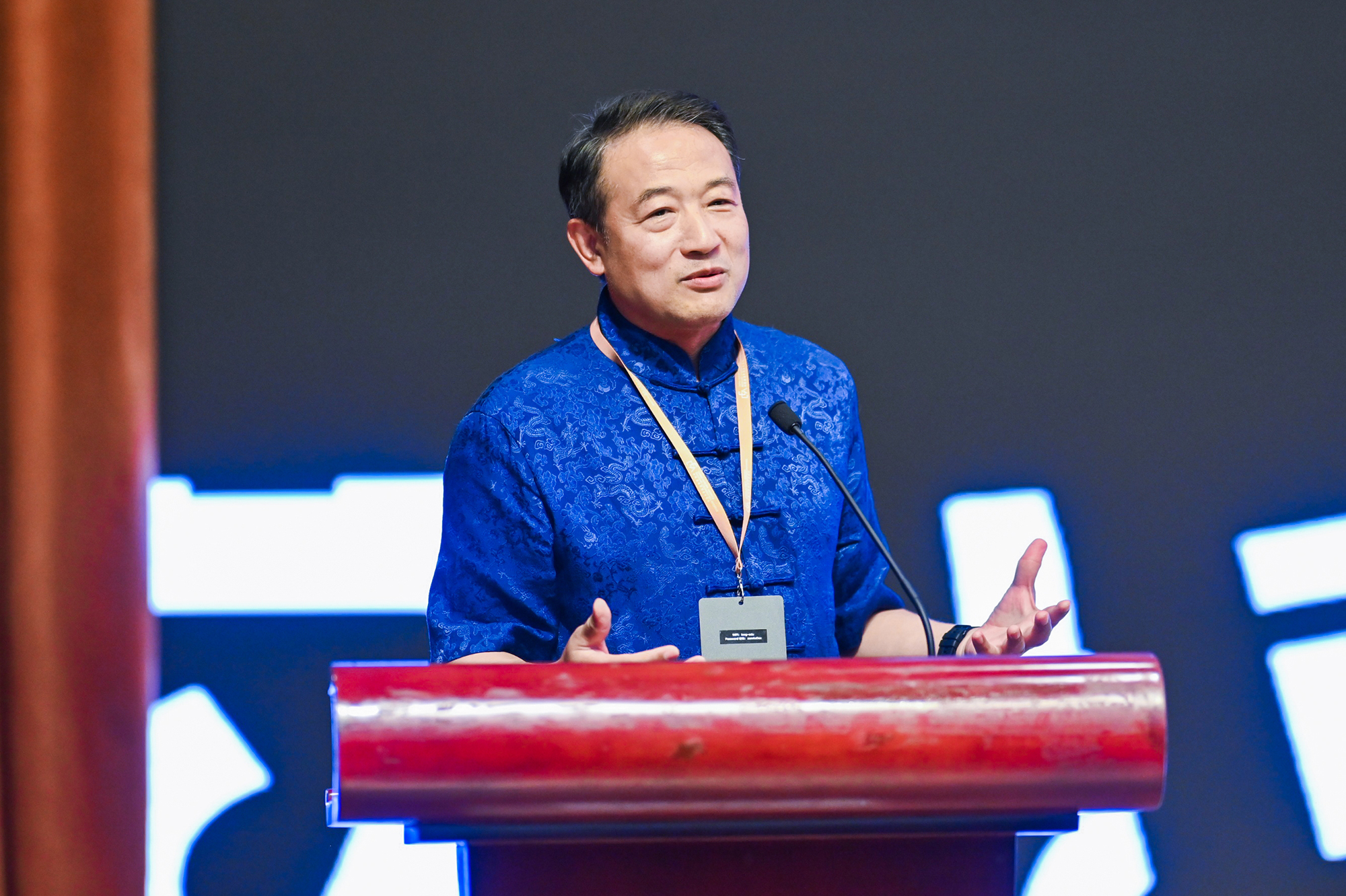
The happiness industry encompasses businesses that leverage creativity to generate well-being, including cultural and spiritual industries. Museums, as global public welfare institutions, are an integral part of this industry.
Changhong Bai, Dean of the Business School and Chief Scientist of the Well-Being and Creativity Lab at Nankai University, shared his insights on how to transcend cultural limitations and apply management knowledge to advance museum development at the China-Europe-America Museums Cooperation Initiative: 4th Dialogue.
Complete speech by Changhong Bai
Motivated to understand how creativity is ignited, the Well-Being and Creativity Lab has conducted many case studies centered on museums. These studies focus on museums themselves, such as the Digital Palace Museum, Digital Dunhuang, and the China Grand Canal Museum; enterprises that contribute to museum development, like Tencent and Douyin; and cities and villages excelling in museum development.
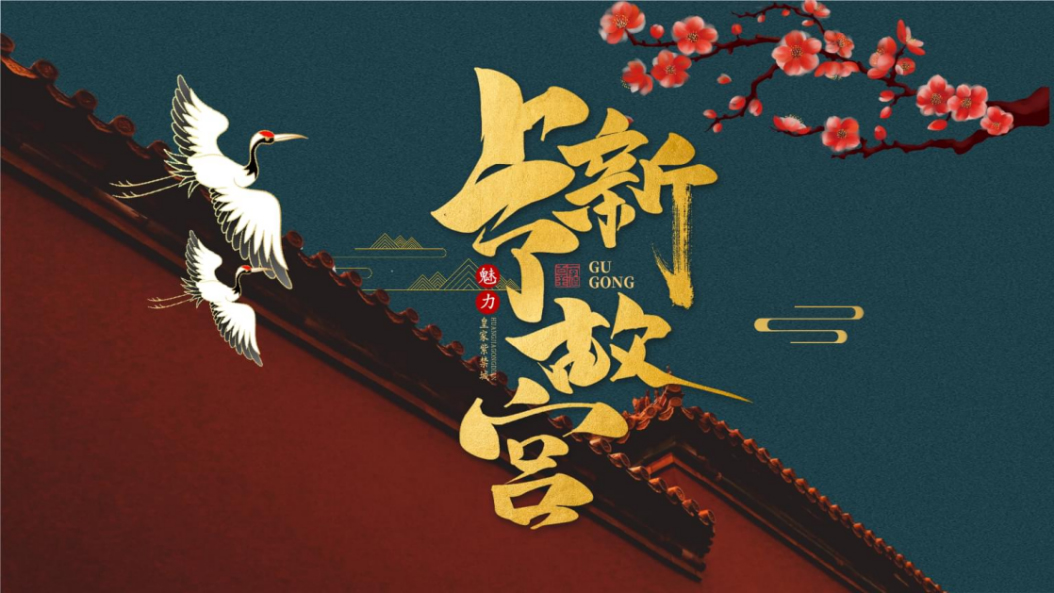
"Treasures Reimagined", the first seasonal TV show focused on cultural innovation at the Palace Museum,
with each episode featuring the creation of a trendsetting cultural and creative product
Palace Museum’s Digital Renaissance
Since the late 1990s, the Palace Museum has seized opportunities brought by digital technology to build an extensive online service network. Bai attributes the museum's success to its proactive embrace of digitization, using VR, AR, and gamification to bring cultural heritage to life. Additionally, innovative cultural marketing has reshaped the museum’s image from aloof and mysterious to engaging and relatable, particularly to younger audiences.
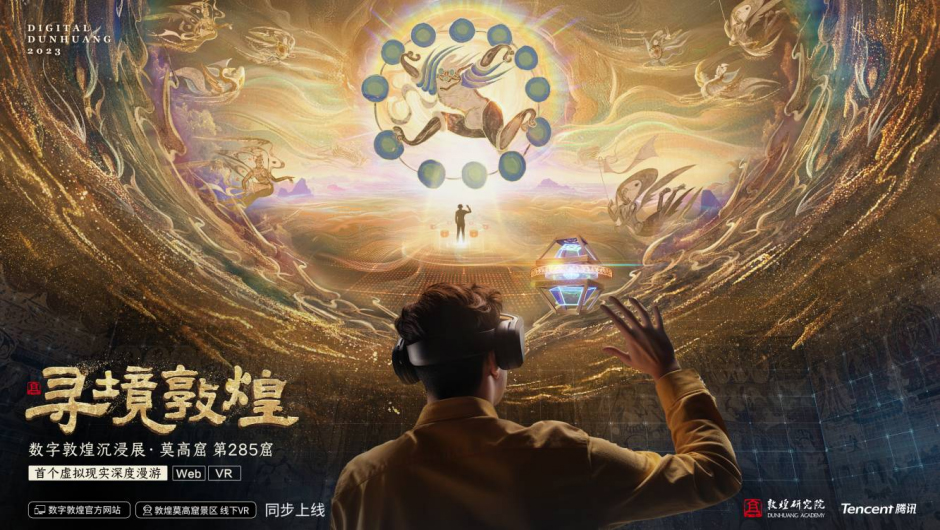
"Exploring Dunhuang", the first deep cultural knowledge interactive project of the Digital Dunhuang Resource Library
Digital Dunhuang’s Global Creative Community
Digital Dunhuang stands out for its innovative approach to connecting the global creative community. By offering over 6,500 high-resolution digital archives and a co-creation module, it invites scholars and museum enthusiasts worldwide to engage and co-create. In addition, the Dunhuang Academy has launched the Silk Road Project and Dunhuang Data Donors program, using creative forms such as online public welfare, games, music, animation, and cultural and creative products to attract broad participation in the protection of Dunhuang culture.
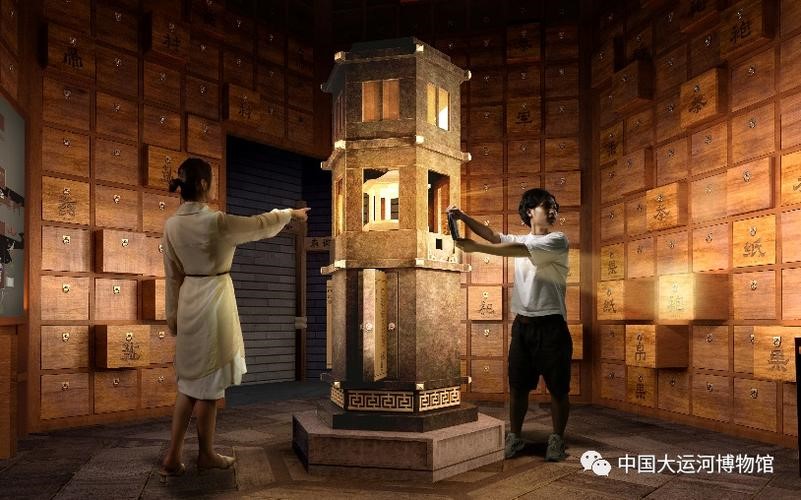
"Lost in the Grand Canal: The Secrets of the Ming Water Inspector", an escape room-style interactive exhibit
Roaming the Grand Canal
The China Grand Canal Museum in Yangzhou uses digital technology to innovate museum experience, from exhibition and learning to interactive and leisure activities. For instance, the museum gamifies the experience, allowing visitors to become ancient water inspectors who travel along the Grand Canal, overcoming challenges and subtly learning about its history and culture. Preliminary findings from lab research suggest that with the aid of digital technology, new and diverse creativity can be sparked through enchanting, combining, and creating forms of exhibition, interaction, and storytelling.
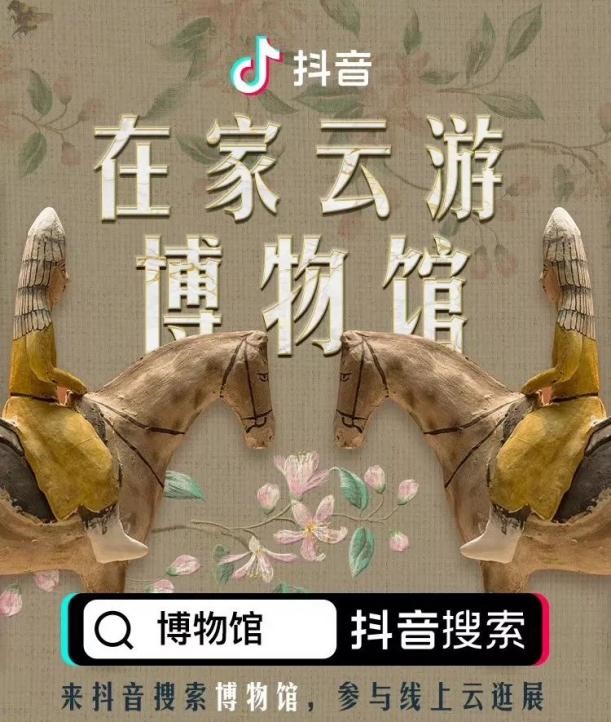
"Tour Museums from Home", a virtual tour event launched by Douyin in collaboration with nine major museums
Museums at Your Fingertips
Beyond the innovation within museums, platforms like Douyin are emerging as new forces for museum creativity. The lab examines this trend: Douyin innovates museum experience and storytelling, making education entertaining and breaking down spatial and temporal barriers. Douyin's impact on museums includes attracting more visitors, driving the growth of nearby attractions, spurring continuous innovation, and enriching the way museums interact with audiences.
Changhong Bai concludes that museums are complex organizations with visible, tangible content as well as spiritual and imaginative elements. They involve public education, cultural transmission, and innovation through technology and corporate partnerships. Achieving excellence requires exceptional leadership and talent. Globally, management science is essential for world-class museums. The Well-Being and Creativity Lab will continue to infuse creativity and interdisciplinary insights into museum development.
Changhong Bai Dean of the Business School and Chief Scientist of the Well-being and Creativity Lab at Nankai University
Changhong Bai is a professor, a PhD supervisor, and a member of Nankai University's Academic Committee. His main research areas include tourism marketing, brand management, service marketing, and digital education. He has previously held positions such as Vice Chairman of the All-China Students' Federation, Assistant to the Mayor of Lijiang City, Dean of the School of Tourism and Service and Dean of the School of Distance and Continuing Education at Nankai University, General Manager of state-owned enterprises, and Chief Representative of foreign enterprises.
